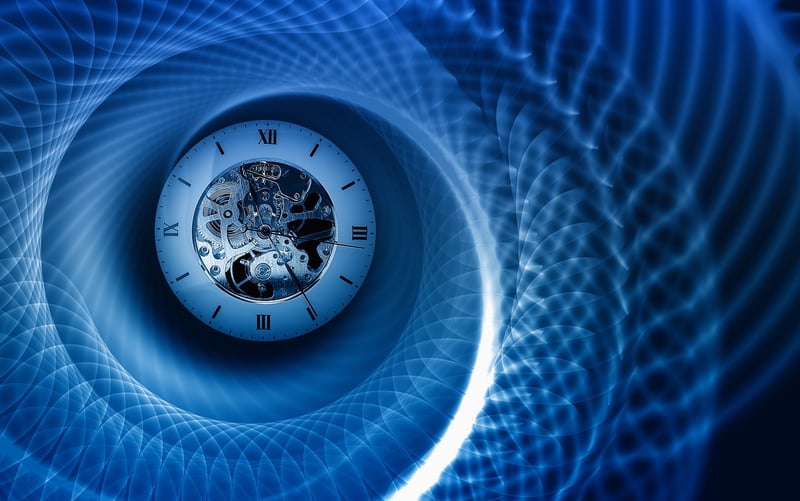Temporal Paradox Solutions
Exploring Temporal Paradoxes: Questions & Answers
What is a Temporal Paradox?
A temporal paradox is a situation in which the past, present, and future become intertwined in a way that defies common logic and creates contradictions.
Common Types of Temporal Paradoxes
- Grandfather Paradox
- Bootstrap Paradox
- Predestination Paradox
Grandfather Paradox
The Grandfather Paradox is a classic example where a time traveler goes back in time and prevents their grandfather from meeting their grandmother, thus preventing their own birth.
Bootstrap Paradox
In a Bootstrap Paradox, an object or information is sent back in time in such a way that it becomes trapped in an infinite cause-effect loop with no origin.
Predestination Paradox
The Predestination Paradox involves a series of events in which the actions of a time traveler result in the very events they traveled back to prevent.
Temporal Paradox Solutions
While temporal paradoxes present intriguing challenges, various theories and solutions have been proposed to address them:
- Novikov Self-Consistency Principle: States that time travel is only possible in a way that ensures no changes are made to the past, thus avoiding paradoxes.
- Many-Worlds Interpretation: Suggests that each possible outcome of a paradox creates a new parallel universe, preserving the consistency of each timeline.
- Timeline Repair: Proposes mechanisms within the time travel process that automatically correct any disruptions to maintain a single consistent timeline.
Conclusion
Temporal paradoxes are a fascinating aspect of theoretical physics and science fiction, raising profound questions about causality and the nature of time itself.
Explore the mysteries of time and paradoxes, and let your imagination run wild with the possibilities that arise from these mind-bending concepts!

For further reading on temporal paradoxes, check out this link.
